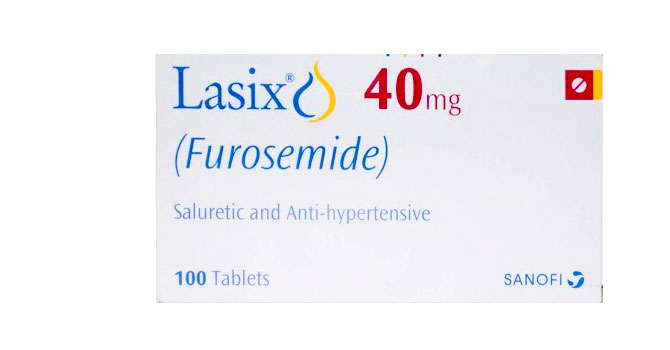List of antidepressants
The most popular antidepressants are: Wellbutrin (Bupropion), Celexa (Citalopram), Paxil (Paroxetine), Lexapro (Escitalopram), Seroquel (Quetiapine), Abilify (Aripiprazole), Effexor (Venlafaxine), Zyprexa (Olanzapine), Desyrel (Trazodone), Endep (Amitriptyline), Sinequan (Doxepin), Cymbalta (Duloxetine), Risperdal (Risperidone), Remeron (Mirtazapine), Elavil (Amitriptyline), Tofranil (Imipramine).
Antidepressants to treat insomnia
Insomnia is a common disorder, with one in five men and one in four women experiencing sleep problems during the course of a year. Nighttime insomnia always causes daytime fatigue and reduced quality of life.
In the treatment of insomnia, it is necessary first of all to pay special attention to solving related problems and reviewing sleep habits.
Instead of sleeping pills, doctors sometimes use alternatives such as antidepressants (used to treat depression) and antihistamines (used to treat allergies).
Antidepressants are widely used to treat insomnia and help you sleep well. Short-term sleeping pills are recommended, and doctors prescribe them to their patients for periods ranging from 10 days to four weeks.
How safe are antidepressants, do they have side effects, and how do they help with insomnia in adults?
Many people find that antidepressants are addictive and even change their personalities. For this reason, people with depression often refuse to take medication for fear of addiction.
Antidepressants are not just drugs for depression
The name « antidepressants » is outdated and misleading. Antidepressants have been used successfully for many other conditions. Antidepressants are sometimes prescribed to relieve chronic pain, smoking cessation, migraines, and other conditions. Antidepressants make a person more attentive and improve his quality of life. In many diseases, these drugs act on the very mechanisms of the disease. For example, in irritable bowel syndrome, antidepressants act on the brain to help manage pain and slow down the bowels.
It should also be noted that in the course of a comprehensive systematic study, scientists found that antidepressants do not help with depression for everyone and not always. To enhance the effect of treatment, these drugs are best combined with psychotherapy. Researchers have yet to determine for whom and for which diseases antidepressants are best helped.
The effect of antidepressants on the brain
Doctors and scientists do not have a complete answer to the question: how do antidepressants work? It has been proven that antidepressants only increase the level of certain neurotransmitters and are involved in other complex processes. For example, more proteins are produced that protect our brain from harmful factors.
Will a person become different if he starts taking antidepressants?
No, a person does not become different, his personality remains the same, but his behavior changes. People begin to experience emotions again – positive and negative, which are usually dulled during illness. Antidepressants, unlike antipsychotics or other drugs, do not cause lethargy or lack of emotionality. But anxiety or drowsiness may appear, sometimes it is enough to replace the drug and the side effects will disappear.
It is believed that antidepressants are addictive. Basically, it’s a withdrawal syndrome. Taking antidepressants for more than two weeks and then abruptly stopping them can cause very unpleasant symptoms.
Most often, with withdrawal, a person looks tired and weak, and headaches, nausea, and many other symptoms appear. However, this is not an addiction: if the dosage is gradually reduced over several weeks, everything will be fine, and the desire to resume treatment will not be very strong. During treatment, the person feels good, and after stopping the drug, symptoms of depression may appear. This is misinterpreted as a sign of addiction.













